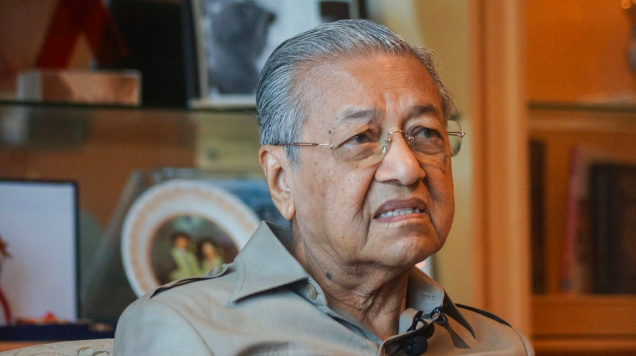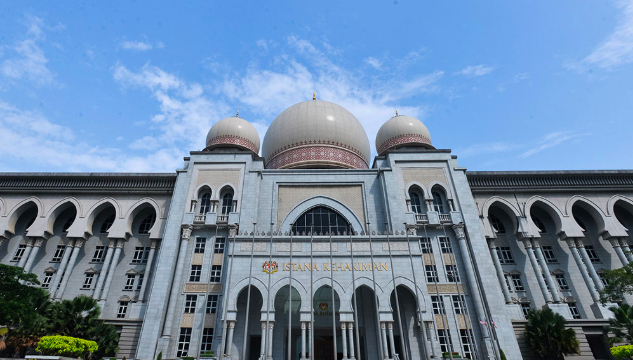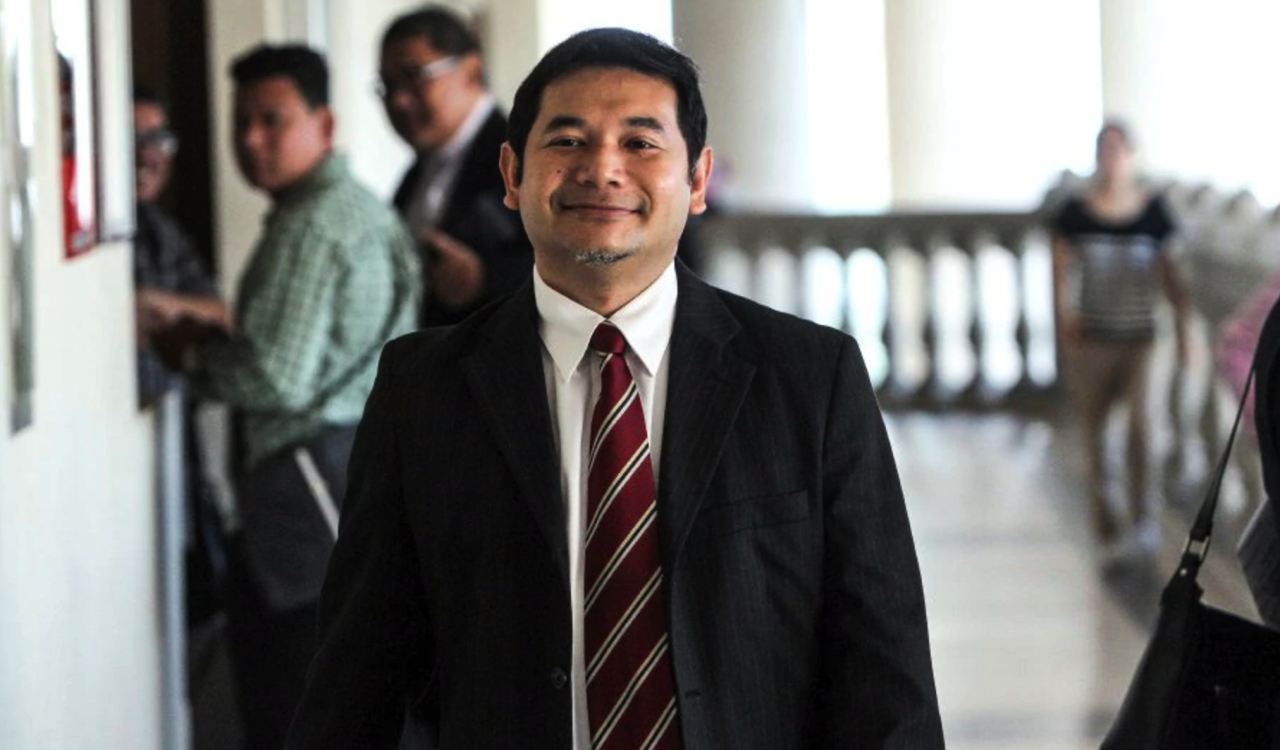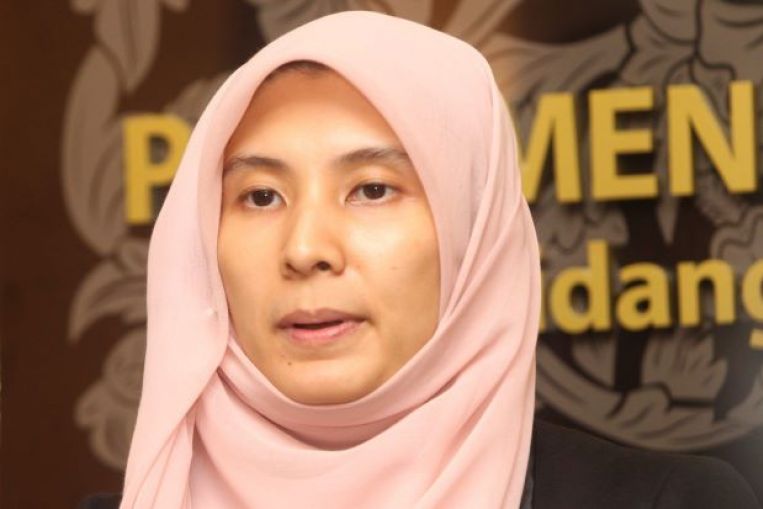3 Times Mahathir's 'Imperfect' OSA Was Utilised By The Government
The Prime Minister pledged that his administration will not abuse the controversial law.
Despite its controversial reputation, Prime Minister Tun Dr. Mahathir Mohamad recently said that the Official Secrets Act 1972 (OSA) is here to stay
In an interview with Malaysiakini published yesterday, 27 August, Mahathir said the OSA should still stay despite its history of being abused for political motives.
Mahathir also claimed that the problem lies within the government in charge, rather than the contentious law which criminalises exposure and/or possession of information classified as "official secrets".
Nonetheless, he pledged that his administration will not abuse the law like the previous government did.
"The law is not perfect, it is open to abuse, but you hope to find people who will not break the law, who will obey the rule of law... The main thing is to find a government that will not break the laws," the Prime Minister was quoted as saying by Malaysiakini.
Mahathir's statement contradicts what was laid out in Pakatan Harapan's election manifesto regarding the OSA
The coalition had pledged to "revise" the OSA, along with the Whistleblower Protection Act 2010 and the Witness Protection Act 2009, and make "necessary improvements" to the laws.
Moreover, a Freedom of Information Act will be drafted and implemented along with financial provisions.
In response to the pledge, Mahathir claimed that although the OSA can be repealed, there are things the government have to keep secret.
"If you don't want to have OSA, we can (do it). (But) there will be no government because we are restricted, we cannot talk freely in the cabinet because it will be known to the people," the Prime Minister said.
"There are things we must keep secret... For example, if we tell everything we discussed in the cabinet, a lot of us will be hammered," he added.
The government has used similar reasons to justify using the OSA in controversial decisions over the years. Here are a few of them:
1. Conviction of James Clad in 1985
According to New York Times, then Far East Economic Review correspondent James Clad was the first journalist to be convicted under the OSA in October 1985. He was fined USD4,150 (approximately RM10,110 in 1985) for reporting on a classified document titled "A Managed and Controlled Relationship with the People's Republic of China". It was Malaysia's proposed trade policy with China.
James was charged with two counts of publishing secret information. New York Times reported that he pleaded guilty in order to avoid any other criminal charges against him. He also wanted to minimise the chances of officials who were suspected of giving him information to be arrested.
According to a study by Paulynn Chin of the New Straits Times in that same year, OSA could be used to prosecute journalists who asked for information not made public by the government.
"Strictly speaking, you can get in trouble even by asking a government officer, 'When is the next election?'" Paulynn cited a Malaysian legal expert as saying in 1985.
2. Detention of Nathaniel Tan in 2007
The Star reported in 2007 that former Parti Keadilan Rakyat (PKR) information bureau staff Nathaniel Tan was detained for four days under the OSA. He was the secretary of the Foundation For The Future, a non-governmental organisation that was chaired by Datuk Seri Anwar Ibrahim.
He was arrested under OSA over allegations that he possessed documents linked to then Deputy Internal Security Minister Datuk Johari Baharom's purported involvement in corruption.
"The connection to me was based on a comment made on my blog by an anonymous commenter... there (was) absolutely nothing even remotely resembling proof to substantiate such claims," Nathaniel was quoted by Cilisos as writing in 2007.
3. Rafizi Ramli's 18-month jail sentence in 2016
PKR vice-president Rafizi Ramli was found guilty for leaking a page of the 1Malaysia Development Berhad (1MDB) audit report, which was classified under the OSA by former Auditor-General Tan Sri Datuk Ambrin Buang.
The page allegedly proved a link between the Armed forces Fund Board (LTAT) and the scandal-ridden 1MDB, which purportedly supports Rafizi's claim that 110 armed forces veterans were not being paid their gratuity on time.
Nonetheless, The Star reported that Rafizi's sentence was replaced with a good behaviour bond by the Court of Appeal on 1 June.
In light of the OSA's track record, the National Human Rights Society (Hakam) urged the government to abolish the contentious law
Malaysiakini reported Hakam as saying yesterday that although the secrecy of cabinet meetings and military briefings are important to be upheld, a Freedom of Information Act is sufficient to address such concerns.
"Without adequate access to information of government policies, the citizenry cannot make informed decisions. Lack of informed decisions inevitably lead to incompetent, or worse, corrupt governments," the group added.
Nonetheless, Permatang Pauh Member of Parliament Nurul Izzah Anwar said on 19 August that the government is committed to implementing the Freedom of Information Act.
The Straits Times reported her as saying that the law will be formulated "in stages" before enacting it eventually.





